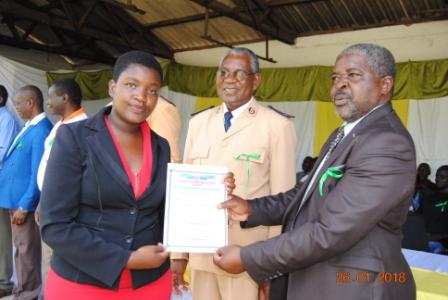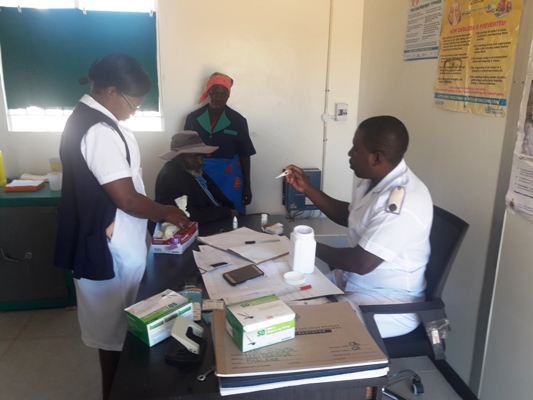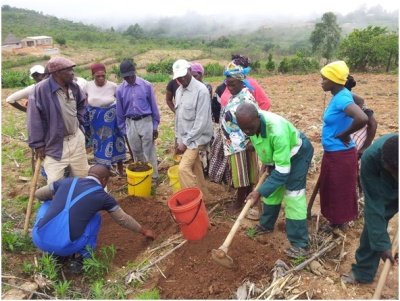
Empowering youths to be job creators
Youth unemployment remains a challenge in Sub Saharan Africa and is regarded as a key driver of poverty. In Zimbabwe the number of unemployed youths continues to grow due to a myriad of economic challenges that has seen industries and companies closing.
The fight against poverty remains at the heart of DAPP Zimbabwe programming. Through vocational training at Ponesai Vanhu Technical College youths are equipped with the necessary knowledge and practical skills necessary for them to earn a decent living and be a part of stimulating economic growth.
PVTC vocational training is well known for developing occupational competencies in the flagship courses in Motor Mechanics, Business studies and Brick and Block laying. The college also offers three months short courses in Brick and Block Laying, Catering, Garment Making and Beauty Therapy in response to the current economic changes that do make access to training difficult for many.
Ponesai Vanhu Technical College lives up to its name “Ponesai Vanhu” (Help People ) in ensuring that young Zimbabweans create sustainable self employment opportunities to overcome poverty and become contributors to the country’s economy. Due to its focus on careers based training for enterprise (TFE), Ponesai Vanhu Technical College equips individuals with innovative skills which enable them to set up their own businesses.
Ponesai Vanhu Technical College remains non-discriminatory in that it promotes quality vocational training for young women and girls. This is in line with the country’s gender equality drive to see equal access to opportunities. One of the girls said” We are being seen participating and thriving in traditionally male dominated fields such as motor mechanics”.
As we commemorate the International Day for the Eradication of Poverty, DAPP Zimbabwe calls on young people not to wait around for government to create jobs but to enroll in vocational institutions such as PVTC to liberate themselves from the effects of poverty.
Advantages of Vocational training
- Practical skills development of specialized occupations
- Lowers unemployment through increased self employment
- Skills development in passion areas
- Shorter training time
- Lower costs of education
- Improves self-esteem
Ponesai Vanhu Technical College, Shamva
Tel: 0783705216
Email: pvtc@gmail.com
DAPP: Tel: 042 497620







